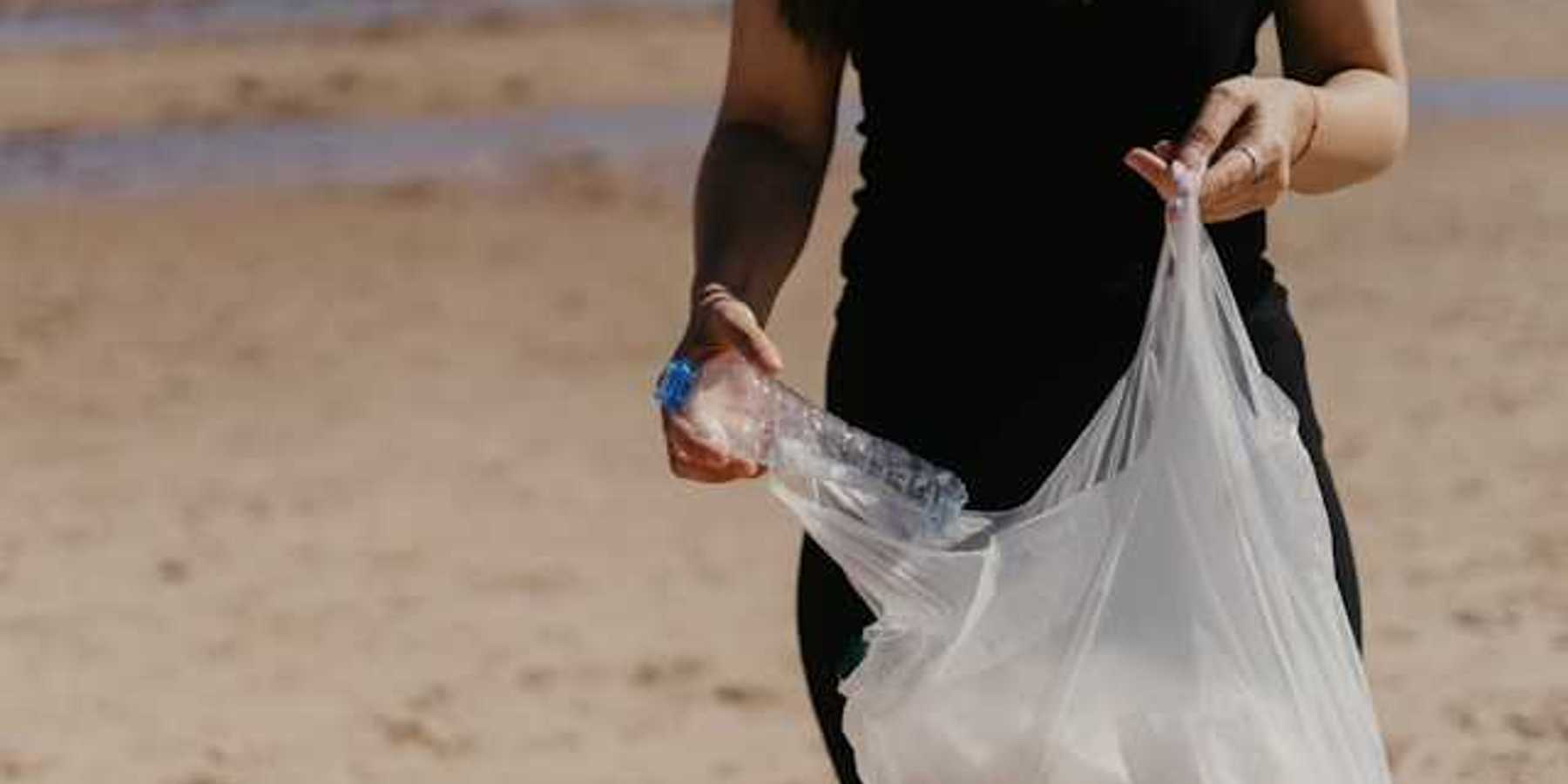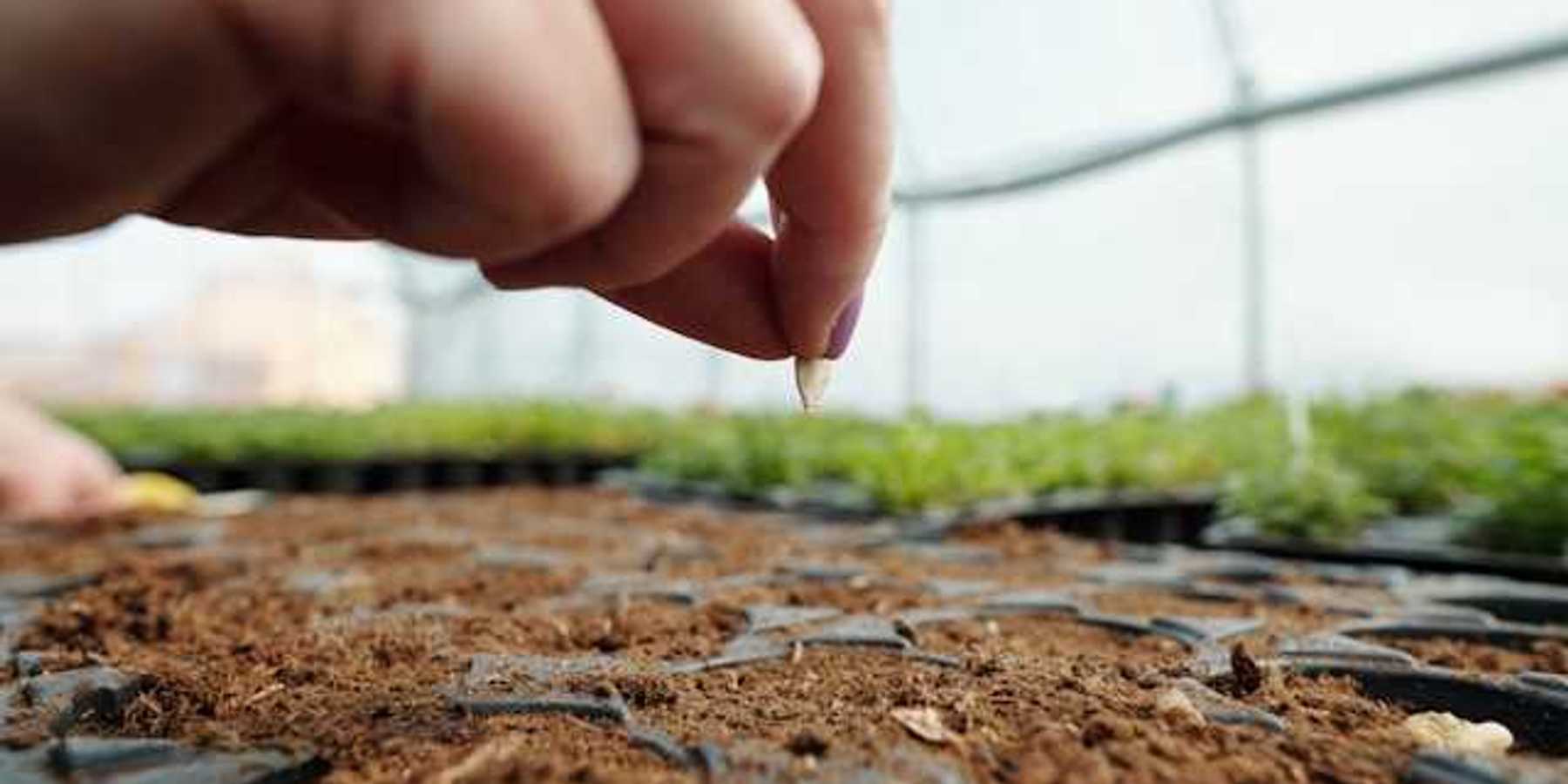Canada’s largest fungi biobank faces closure amid funding crisis
Canadian scientists are scrambling to save the nation’s largest public fungi biobank, which holds thousands of fungal strains vital for disease research and drug development but faces imminent shutdown without new funding.
In short:
- The UAMH Centre for Global Microfungal Biodiversity at the University of Toronto holds 12,000 fungi strains essential for studying diseases, including those emerging due to climate change.
- A lack of funding may lead to the collection being transferred abroad, which would restrict Canadian researchers’ access due to logistical and regulatory challenges.
- The collection includes unique and irreplaceable samples that scientists use to develop treatments for antibiotic-resistant infections and animal diseases.
Key quote:
“We absolutely are seeing climate change-driven increases in certain diseases that stand to wipe out populations of certain animals.”
— James Scott, director of the UAMH Centre for Global Microfungal Biodiversity
Why this matters:
Fungi are a critical but often overlooked component of ecosystems and medicine. This biobank supports research on treatments for fungal infections and the impacts of climate change. Its closure could hinder Canada’s ability to respond to rising health threats.
Learn more: How fungi could help clean up our biggest toxic messes













